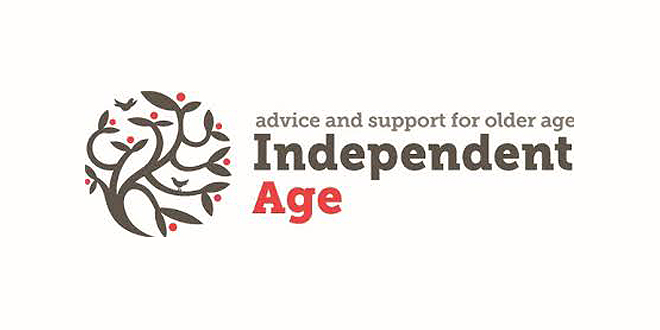Only One In Five Councils Have Separate Social Care Appeals Process, Says Charity
 Fewer than one in five local authorities have a dedicated appeals process for social care, according to new research by Independent Age, the older people’s charity. This means the only option many people have is to make a complaint – a process that can be slow, stressful and leave them living with inadequate care or unfair costs.
Fewer than one in five local authorities have a dedicated appeals process for social care, according to new research by Independent Age, the older people’s charity. This means the only option many people have is to make a complaint – a process that can be slow, stressful and leave them living with inadequate care or unfair costs.
Meanwhile, three in five (60%) complaints about assessments and care planning were upheld by the Local Government and Social Care Ombudsman in 2018/19, and almost three-quarters (73%) of complaints about charging were upheld. This suggests that issues are not being dealt with effectively through local authority complaints processes.
In a new Independent Age report, Reviewing the case: the right to appeal in adult social care, the charity investigates how people can challenge decisions about the care and support they receive, an often-neglected aspect of social care.
The report found that most councils use a complaints procedure, rather than a separate social care appeals process. This can mean that people could be waiting as much as six months for their complaint to be resolved, or even longer if an extension is applied. Calls to the Independent Age Helpline also suggest that using the word “complaint” can be off-putting for some older people.
Of those local authorities who did have an appeals process, the most common appeal requests were in relation to changes to care packages (25%), outcomes of care needs assessments (20%), and eligibility (16%).
Independent Age is calling on the government to introduce a statutory appeals process for adult social care. As a minimum, the process should:
Be distinct from complaints, with its own separate timelines and process.
Include clear provision for the role of an independent reviewer.
Stipulate that during an appeals process, the individual’s current level of care is upheld and maintained until the case has been resolved.
Be clearly explained to individuals receiving care, at all stages, so that they know access to an appeals process is something they are entitled to. Clear information should be given about what an appeal is and how to start the process.
Have assigned timescales, which individuals are kept informed of at all stages. Any delays must also be communicated clearly.
Include requirements for local authorities to collect data in a consistent way, so that patterns can be identified and lessons learned.
Be adequately resourced so that it can be properly staffed and administered. There will need to be adequate funding from central government to enable this system to be introduced.
Deborah Alsina, Chief Executive of Independent Age, said, “Having to make a complaint is hard enough for many older people and their families, without the added complications of not knowing how to do it, or how long it will take.
“The one in five councils who do have a process are actually going above and beyond what it expected of them. Although this is brilliant, there needs to be a statutory appeals process so that no matter where you live, the way to appeal a decision will be the same.
“The government has previously acknowledged the need for this and even consulted on it in 2015, but they never published a response and nothing has moved forward. That’s why we’ve published our report today: too many people are being left without the support they need, and with no idea about how to take control of their own care, and that needs to end.”
Michael King, Local Government and Social Care Ombudsman, said, “It’s essential for authorities to try to get things right at the local level before problems are escalated to us, so we welcome any moves to improve the way councils manage the assessment process for people in need of care.
“Any change in approach should learn lessons from similar existing appeals systems and follow the principles of good administrative practice, that is: easy to use, easy to access and with clear guidance for all who use it.”





